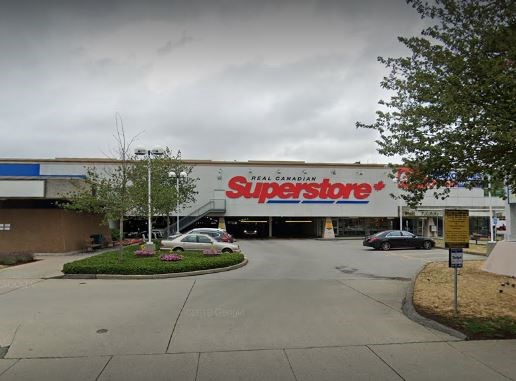July will mark the 11th month since contracts expired for Loblaw’s Superstore and distribution employees in Richmond and across B.C., and some members are frustrated with the local union’s negotiations with Loblaw’s.
“The union has not supported their members in any shape or form,” said Kelli Neufeld, a member of the union.
Similar comments can be found on the union’s Facebook page.
“… at this point, I don’t believe the company and the union. They keep saying same thing. Next meeting after next meeting. It’s all words and no action is shown to us,” said one of the comments.
Negotiations began last year when the union’s bargaining committee met with Loblaw’s for a preliminary meeting on July 27 to 30. The union reached a tentative agreement with Loblaw’s in April, but the proposal was rejected by a 78 per cent vote by the members.
"... this may have been the worst contract yet had it been agreed to," said another Facebook comment.
A 97 per cent strike vote followed in May.
Dan Goodman, President of UFCW 247, told Richmond News that it’s common for negotiations to continue after the expiration of employment contracts. The ongoing COVID-19 pandemic had also caused delays in the negotiation process, he added.
Union leadership questioned
But the divide appears to go deeper. In fact, some members are questioning the union’s leadership itself.
Along with the union’s Facebook page, members have been voicing their concerns through a public Facebook account by the name of “Ufcw Teamchange.”
“I find it amusing that ‘He [Goodman] thinks there's a perception that the offer needs to be better’,” read one comment, quoting a previous article the News had written about negotiations resuming after the strike vote.
“If the union [leadership] communicated with us better you would probably know exactly what we want!” the commenter continued.
The News was told by members of the union who wished to remain anonymous that the union’s decision to switch to telephone townhall meetings had made it more difficult for them to voice their concerns than when meetings were held in-person.
When asked to comment on the concerns about the union’s lack of communication, Goodman told the News that turnout and engagement at telephone townhalls are higher than in-person meetings.
Goodman also said that the union has been “more accessible” than it has ever been.
Transparency of the union's finances, or the lack thereof, is also one of the issues members had mentioned to the News.
"The [union's] annual financial statements are reviewed and adopted at [regular telephone townhall meetings]. Requests for additional financial information can be made directly to the [union] by members," said UFCW 247 communications officer Eric Seto when requested to comment.
Moreover, members have also voiced concerns about the electoral process for the union leadership, such as the rules on campaigning and the way votes were counted.
Goodman refused to comment on the electoral process, but told the News that the "national office" is in charge of running elections.
What’s next for the negotiations?
According to the union’s latest update on June 10, Loblaw’s is scheduled to present an amended position to the union negotiating committee on June 23 to 24. The union later posted on Facebook to encourage members to register for picket duty as a part of its strike preparations.
“The time for multiple back and forth exchanges is over, we believe they took our comments seriously and we will see what they come with,” said Goodman in the update.
“We will not meet past these dates and serve notice if no deal is reached,” he added.
The strike vote remains valid for three months after it was held in May, and the union is required to give 72 hours’ notice if it decides to strike. Anti-scab provisions in the B.C. Labour Relations Code forbid the hiring of new employees, employees from other locations, and contractors to replace those on strike.



